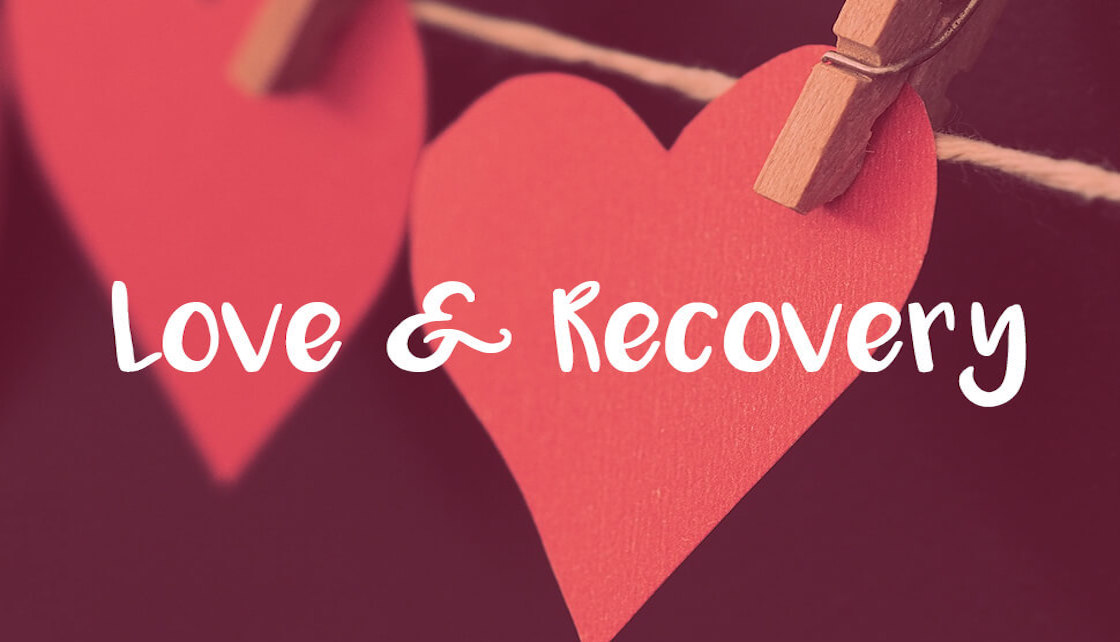 The Beatles sang, “Love is all you need”. In the recovery process, it’s not all you need, but it sure helps. Studies show us that love and connection both play an integral part in the process of recovery from addiction. Recovery can be challenging, difficult, frustrating, confusing and lonely. What makes a profound impact is being surrounded with others who care, loved ones, family and friends, therapists, medical practitioners, and a network of peers in 12-Step groups. Love and connection is not only important to recovery, it’s crucial.
The Beatles sang, “Love is all you need”. In the recovery process, it’s not all you need, but it sure helps. Studies show us that love and connection both play an integral part in the process of recovery from addiction. Recovery can be challenging, difficult, frustrating, confusing and lonely. What makes a profound impact is being surrounded with others who care, loved ones, family and friends, therapists, medical practitioners, and a network of peers in 12-Step groups. Love and connection is not only important to recovery, it’s crucial.
Here’s how science supports this:
- A spouse’s involvement in behavioral marital therapy “significantly improved” 12-month outcomes for recovering alcoholics, in a 1993 study in the Journal of Studies on Alcohol and Drugs.
- Those who had the active involvement of family members in relapse prevention sessions reportedly reduced their risks of relapse.
- Multiple studies have concluded that participation in 12-step peer support groups like Alcoholics Anonymous correlates with better prospects of a successful long-term recovery.
In each of these examples, the common denominator is relationships of love and connection— and groundbreaking science is shedding more light on the neurobiology of love and connection as they relate to recovery. What emerges are potentially promising new avenues for treating substance use disorders (SUDs), thanks to the untapped healing power of a neurotransmitter in the brain: “oxytocin,” by its scientific name, also known as the “love molecule.”
New evidence has also established a link between oxytocin and addiction. A review of that evidence led researchers at the University of St. George’s London to conclude that oxytocin may hold the key to treating opiate addiction and fending off relapse. And earlier findings in 2014 at the University of Adelaide concluded that oxytocin—specifically, insufficient levels of it during early childhood—may predict the onset of substance abuse later in life.
Such studies should prompt more research into possible oxytocin-based therapies for methamphetamine and other addictions. But these findings are hopeful in another way, too—as the neurobiological affirmation that what works best for helping people heal from addiction is a generous dose of love and connection.
So if your loved one is in recovery, love and connect with them on a daily basis. In addition, encourage them to seek out an environment where they can feel love and have a connection with individuals who will support their journey. One such environment is our recovery center. Our experienced and supportive staff will support your loved one in a setting where they feel as they are part of a family, the ABC Recovery family.
If you or a loved one is struggling with addiction, we are here to help! Please contact us online here or call us at (760) 342-6616.
